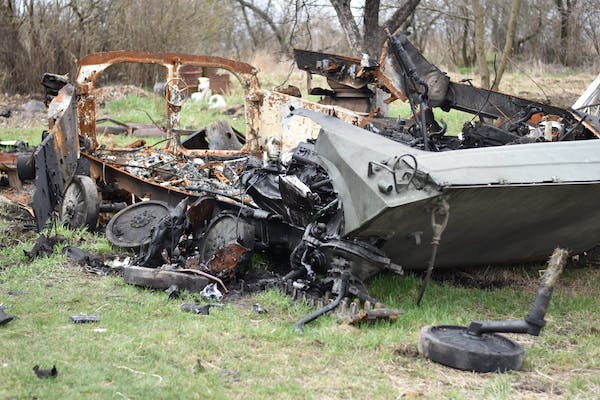Car Accident Law: A Comprehensive Overview for Victims and Drivers
Image source: Pexels.com
Car accidents are one of the most common causes of personal injury and property damage in the United States. According to the National Highway Traffic Safety Administration (NHTSA), there were 36,096 fatal crashes and 6.7 million nonfatal crashes in 2019. If you are involved in a car accident, you may have legal rights and obligations that you need to know. In this blog post, I will give you a comprehensive overview of car accident law for victims and drivers.
What is Car Accident Law?
Car accident law is a branch of personal injury law that deals with the legal issues arising from a traffic collision. Car accident law covers the following aspects:
- Liability: who is responsible for causing the accident and the resulting damages.
- Damages: what kind of compensation can the injured parties claim for their losses.
- Insurance: how the insurance companies handle the claims and the coverage of the parties involved.
How to Determine Liability in a Car Accident?
Liability in a car accident is based on the principle of negligence, which means that a person is liable if they fail to exercise reasonable care and cause harm to another person. To prove negligence, the injured party must show that:
- The other party owed them a duty of care, which means that they had to act in a safe and prudent manner while driving.
- The other party breached that duty of care, which means that they did something wrong or failed to do something right that a reasonable driver would have done in the same situation.
- The other party’s breach of duty caused the accident and the injuries, which means that there is a direct and foreseeable link between the other party’s actions and the harm suffered.
- The injured party suffered damages, which means that they incurred losses such as medical expenses, lost wages, pain and suffering, etc.
In some cases, liability may be shared by more than one party, depending on the degree of fault of each party. This is called comparative negligence, and it can affect the amount of damages that each party can recover. For example, if you are 20% at fault for the accident, you can only recover 80% of your damages from the other party.
What Kind of Damages Can You Claim in a Car Accident?
If you are injured in a car accident, you may be entitled to claim two types of damages: economic and non-economic.
- Economic damages are the tangible and measurable losses that you incur as a result of the accident, such as medical bills, property damage, lost income, etc. These damages are usually easy to calculate and prove with receipts, invoices, pay stubs, etc.
- Non-economic damages are the intangible and subjective losses that you suffer as a result of the accident, such as pain and suffering, emotional distress, loss of enjoyment of life, etc. These damages are harder to quantify and prove, and they may vary depending on the severity of the injury, the impact on the quality of life, the jury’s sympathy, etc.
How to Deal with Insurance Companies in a Car Accident?
Insurance companies play a vital role in car accident cases, as they are the ones who usually pay for the damages of the parties involved. However, insurance companies are also businesses that want to minimize their costs and maximize their profits. Therefore, they may not always act in your best interest, and they may try to deny, delay, or reduce your claim.
To protect your rights and interests, you should follow these tips when dealing with insurance companies in a car accident:
- Report the accident to your own insurance company as soon as possible, but do not admit fault or give any details that may harm your claim.
- Do not talk to the other party’s insurance company without consulting your lawyer, as they may try to get you to say something that can be used against you or offer you a lowball settlement.
- Keep all the evidence and documentation related to the accident, such as photos, videos, police reports, medical records, witness statements, etc.
- Seek medical attention for your injuries and follow the doctor’s instructions, as this will help you prove the extent and severity of your injuries and the need for compensation.
- Hire a car accident lawyer who can represent you and negotiate with the insurance companies on your behalf, as they have the experience and expertise to handle the complex and challenging aspects of car accident law.
Conclusion
Car accident law is a complex and dynamic field that requires a lot of knowledge and skill to navigate. If you are involved in a car accident, you should be aware of your legal rights and obligations, and seek professional help from a car accident lawyer who can guide you through the process and fight for your best interests. I hope this blog post has given you a comprehensive overview of car accident law for victims and drivers.Thank you for reading!





0